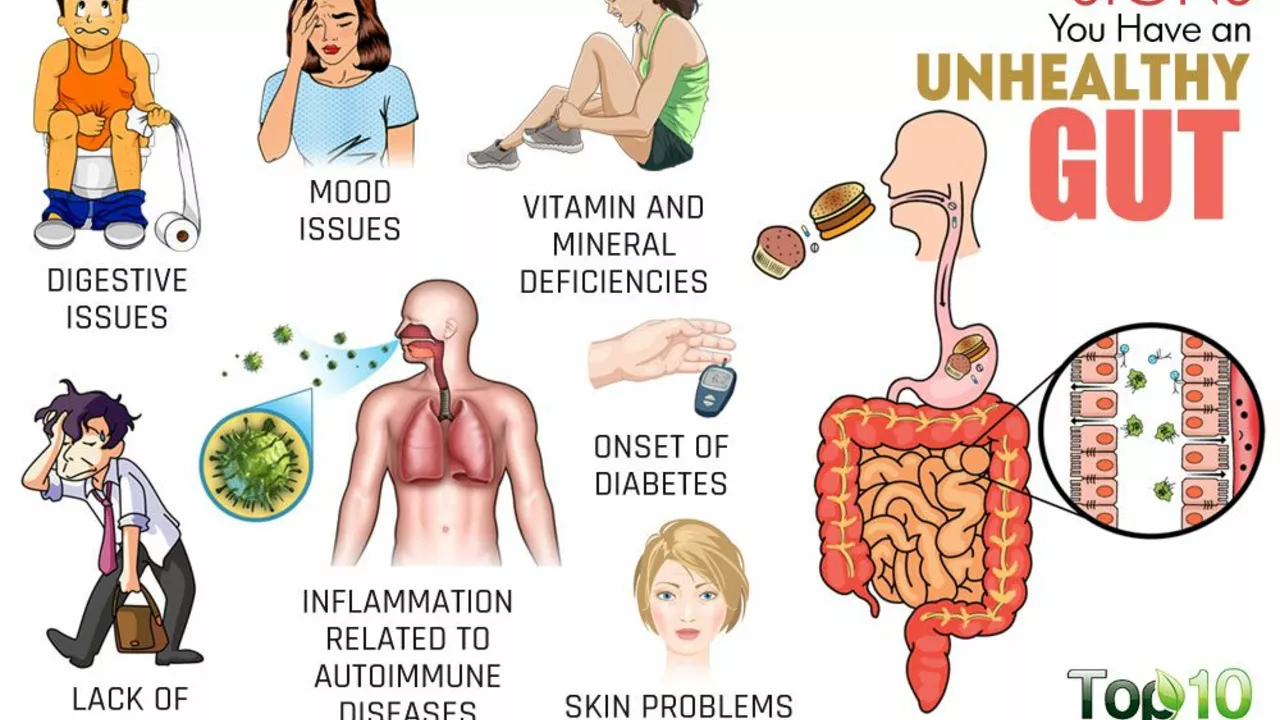Immune function: practical ways to protect and support your body's defenses
Your immune system is working all the time, even when you feel fine. Want to keep it strong without spending a fortune or chasing every fad? Here are straightforward, science-backed habits and clear warnings about meds and supplements that actually affect immunity.
Daily habits that make a real difference
Sleep is non-negotiable. Aim for 7–9 hours most nights — lack of sleep lowers your immune response and makes infections more likely. Move your body regularly: moderate exercise (30 minutes most days) helps immune cells circulate. But avoid long, intense workouts if you’re sick; they can stress the body.
Eat real food. Focus on a mix of colorful vegetables, lean protein, healthy fats, and whole grains. Protein matters for building immune cells, and vitamins like D, C, and minerals like zinc support immune reactions. You don’t need fancy powders — oily fish, eggs, beans, citrus, nuts, and leafy greens go a long way.
Manage stress. Chronic stress ramps up inflammation and weakens immune responses. Try short daily practices you can stick with: a 5-minute breathing break, a walk, or a quick phone call with someone you like.
Hygiene and common sense still help. Wash your hands, avoid touching your face in public, and keep up with vaccines recommended for your age and health — they train your immune system safely.
Medications and supplements: what helps and what to watch for
Some supplements can support immunity when used correctly. Vitamin D is one of the most useful — many adults are low, especially in winter. Zinc and vitamin C can help shorten colds if started early. Garlic supplements like Lasuna have mild immune benefits and may lower cholesterol; they’re generally safe, but look for reliable brands and check doses.
Be cautious with anything that makes big promises. Supplements aren’t tightly regulated, and high doses of some nutrients (like zinc or vitamin A) can cause harm. If you take prescription meds, ask a pharmacist about interactions. For example, some antibiotics, heart drugs, or antidepressants interact with other treatments and can indirectly affect immune health or how you tolerate infections.
If you’re on immunosuppressants (for autoimmune disease or after organ transplant), talk with your specialist before trying new supplements or stopping meds. Even common over-the-counter treatments can matter in those cases.
When should you see a doctor? Get help for high fevers lasting more than 48 hours, trouble breathing, confusion, or dehydration. Also check in if infections recur often — that could signal an underlying immune issue that needs testing.
Want more on specific drugs, supplements, or how to buy meds safely online? Browse the tag page for in-depth articles on garlic supplements, antibiotics like azithromycin, and practical pharmacy tips. Small, consistent steps add up — protect your immune function with sleep, food, movement, and smart choices about meds and supplements.
26
Anemia and Autoimmune Diseases: The Impact of Nutritional Deficiencies on Immune Function
In my latest blog post, I've explored the connection between anemia, autoimmune diseases, and nutritional deficiencies. It's startling to realize how these deficiencies can actually impact our immune system's function. I've delved into how inadequate nutrition can lead to anemia and trigger autoimmune responses in the body. It's a must-read for anyone dealing with these health concerns or who wants to better understand the vital role nutrition plays in our overall health. So, come join me on this enlightening journey and let's take control of our health together.
Latest Posts
Popular Posts
-
 OTC Heartburn Medications: Antacids, H2 Blockers & PPIs Explained
OTC Heartburn Medications: Antacids, H2 Blockers & PPIs Explained
-
 Enteral Feeding Tube Medication Safety: Compatibility and Flushing Protocols Explained
Enteral Feeding Tube Medication Safety: Compatibility and Flushing Protocols Explained
-
 Meniere’s Diet: How Sodium Restriction and Fluid Balance Reduce Vertigo and Hearing Loss
Meniere’s Diet: How Sodium Restriction and Fluid Balance Reduce Vertigo and Hearing Loss
-
 Stinging Insect Allergy: What Venom Immunotherapy Really Does for You
Stinging Insect Allergy: What Venom Immunotherapy Really Does for You
-
 Magnesium Supplements and Osteoporosis Medications: What You Need to Know About Timing
Magnesium Supplements and Osteoporosis Medications: What You Need to Know About Timing



